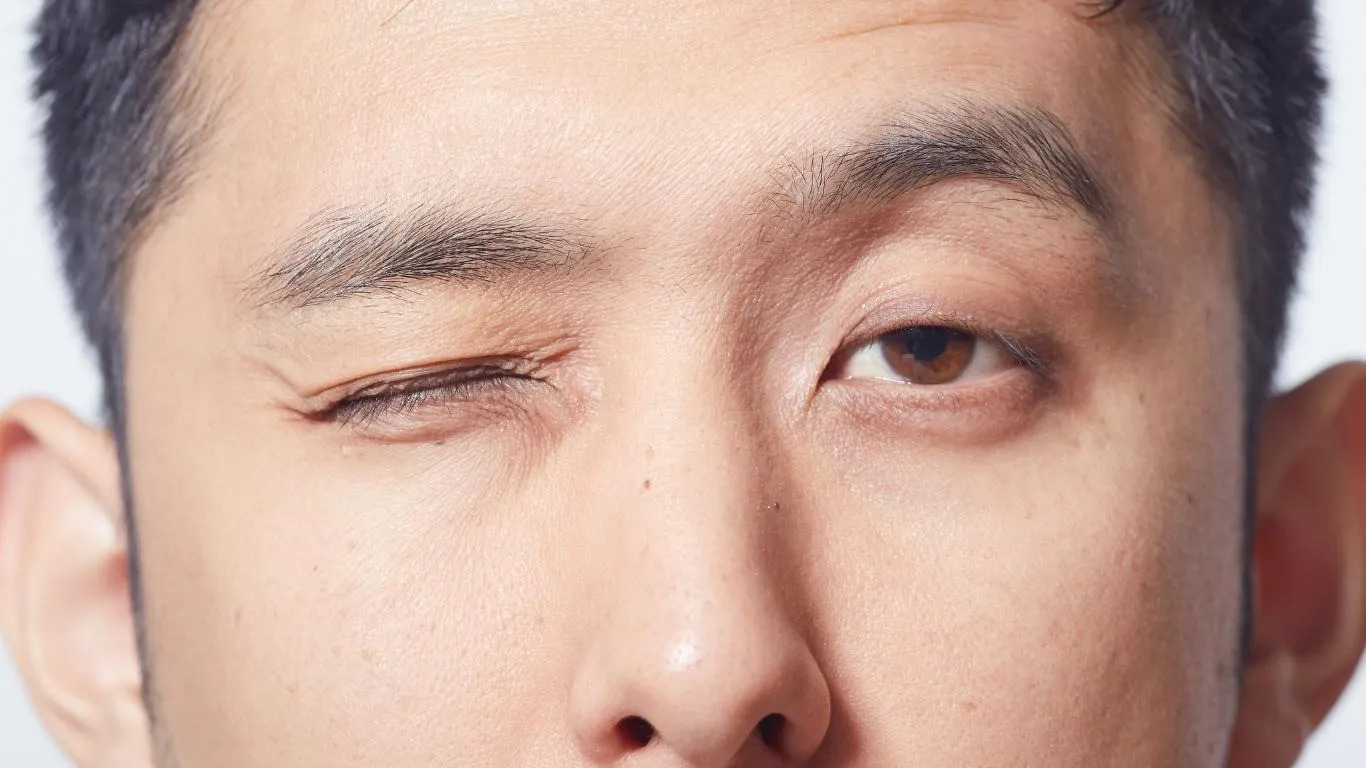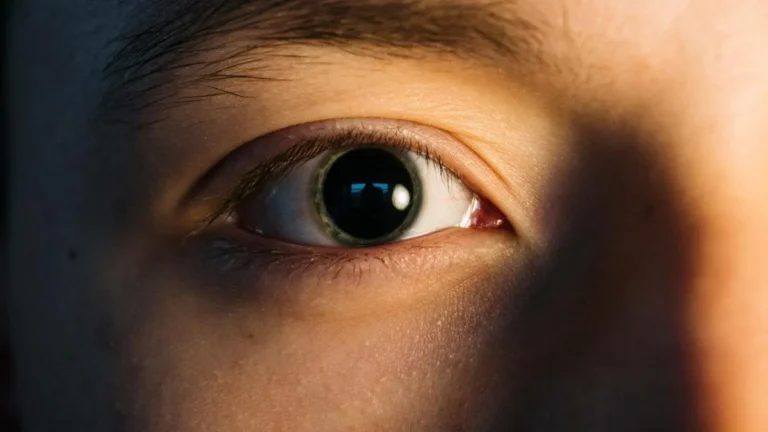Do Floaters Indicate Aging Of Optic Nerve Or Something Else?
Few things catch you off guard like those sudden squiggly shadows drifting across your vision. I remember the first time I noticed them—it was a bright afternoon, and I blinked a few times, thinking there was dust on my glasses. But it wasn’t. Those floaters were real, and they stuck around. Naturally, the first question that popped into my mind was, “Is this a sign that my eyes—or worse, my optic nerve—are aging?” That’s the rabbit hole we’re diving into today. Let’s unpack what these floaters might be telling us about our optic nerve, and whether aging is really the culprit.
Do Floaters Really Reflect Aging of the Optic Nerve?
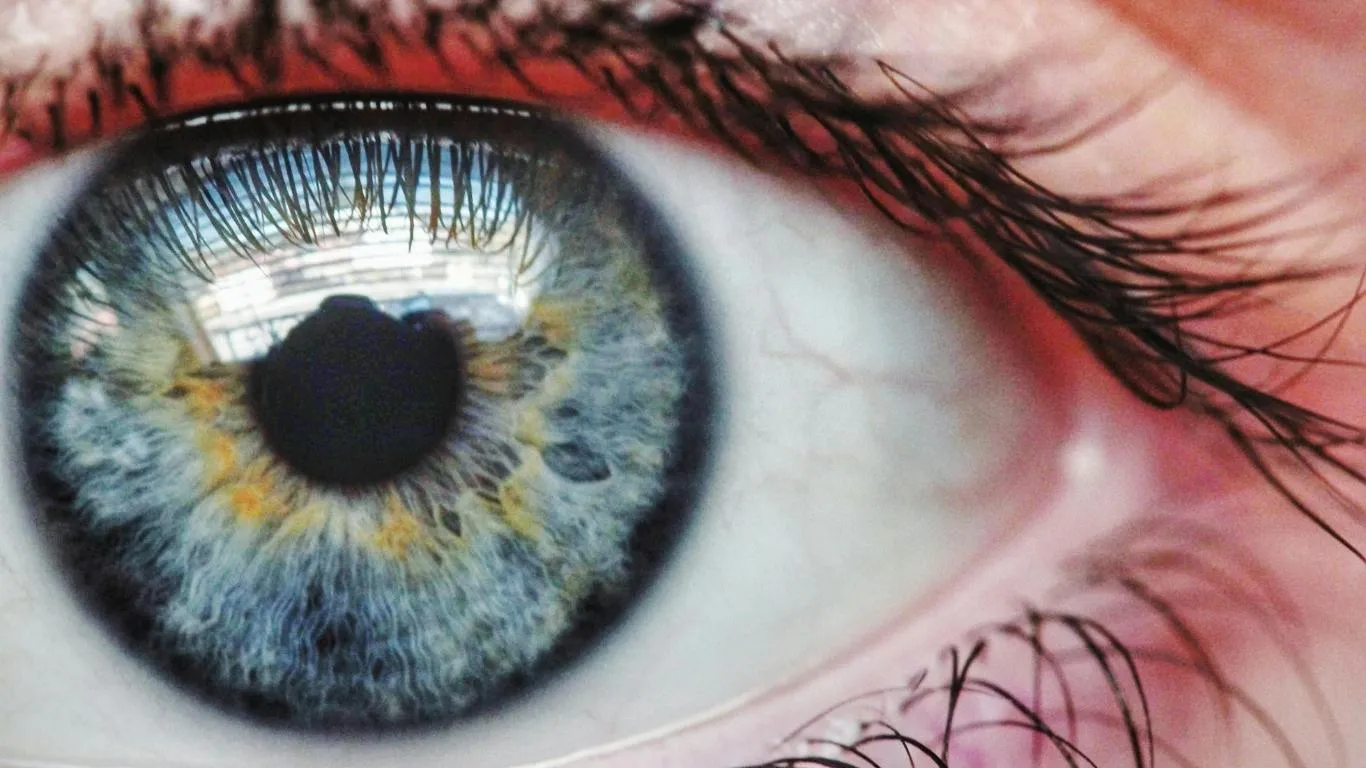
Here’s the short answer: not directly. Eye floaters, those tiny specs or cobwebs that drift across your vision, are mostly a result of changes in the vitreous humor—the gel-like substance that fills your eye. As we age, this gel begins to shrink and liquefy, leading to clumps or strands that cast shadows on the retina. These are the floaters you see.
But the optic nerve? That’s a different story altogether. The optic nerve is responsible for transmitting visual information from your eye to your brain. Floaters generally don’t interfere with that process, nor do they indicate direct damage or aging of the optic nerve itself. Still, there are exceptions, and that’s where things get interesting.
Understanding What’s Really Behind Floaters
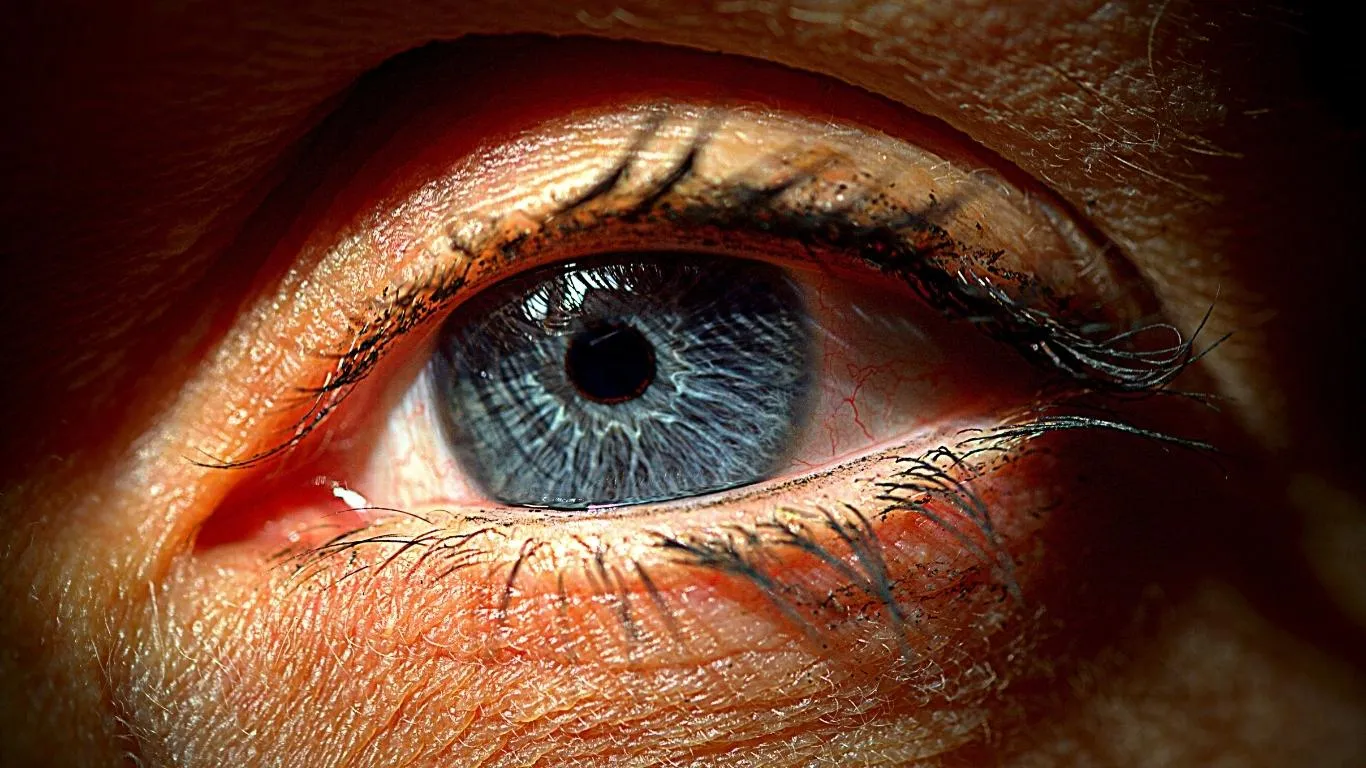
Age-Related Vitreous Detachment
The most common cause of floaters—especially for those of us over 40—is a process called posterior vitreous detachment (PVD). This happens naturally as the vitreous gel pulls away from the retina. It’s not usually dangerous, but it can cause a sudden increase in floaters that seems to come out of nowhere.
Optic Nerve vs Retina vs Vitreous Humor
It’s super easy to confuse all the parts of the eye when something goes wrong. The optic nerve is essentially the cable that sends your visual data to your brain. If it’s damaged, symptoms usually include blurred vision, color vision changes, or even vision loss, but not floaters. In contrast, retinal and vitreous changes cause floaters. So, no, floaters aren’t a direct sign of optic nerve aging.
When Floaters Might Be a Warning Sign
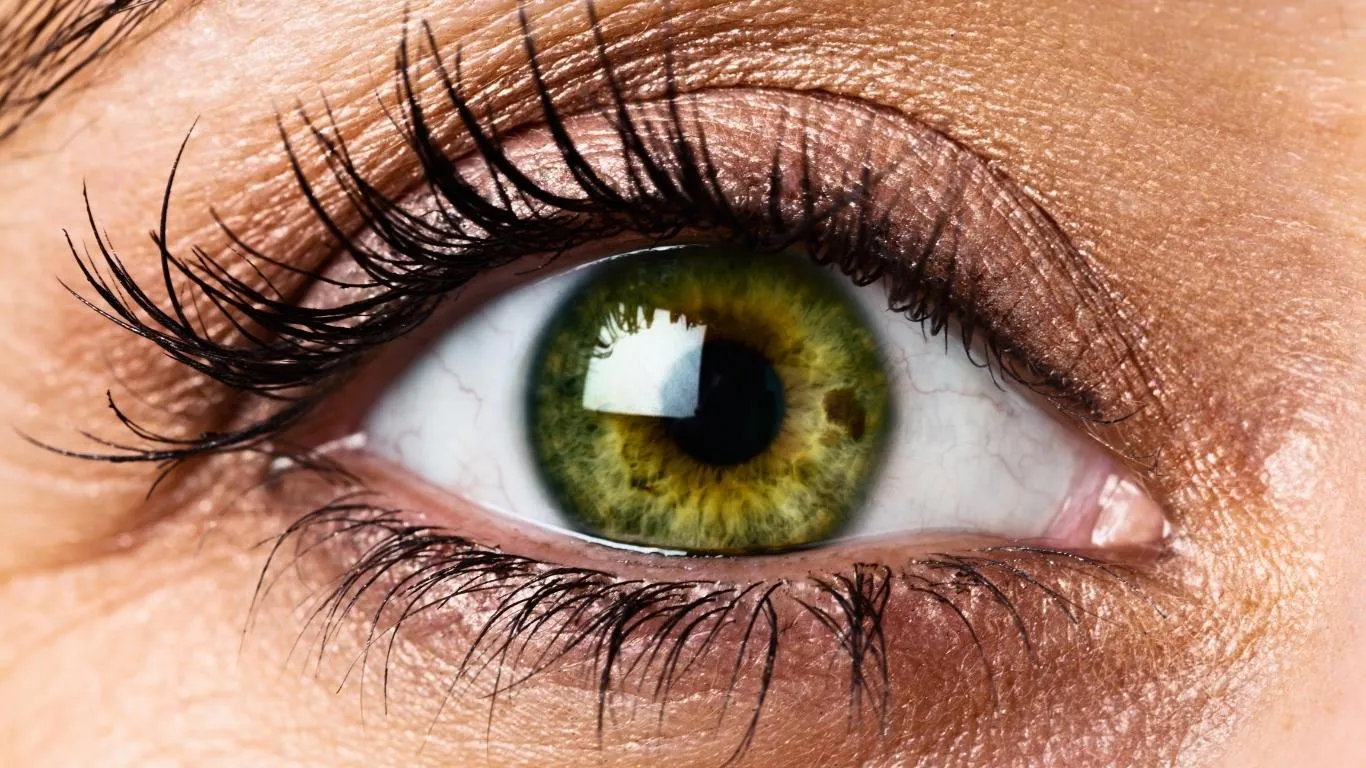
Now here’s where things can get murky. While floaters themselves don’t mean your optic nerve is aging, a sudden burst of floaters—especially accompanied by flashes of light or vision loss—could point to something more serious like a retinal tear or detachment. And retinal tears left untreated can eventually affect the optic nerve if complications like bleeding or inflammation occur.
Other Conditions That Mimic Aging Effects
- High Myopia: People with extreme nearsightedness are more prone to early floaters and vitreous changes.
- Autoimmune Diseases: Conditions like lupus or sarcoidosis can impact the eye’s internal structures and cause floaters. Learn more here.
- Uveitis: Inflammation inside the eye can create debris in the vitreous, leading to persistent floaters. Here’s a look at how uveitis causes floaters.
The Aging Process: What’s Normal, What’s Not
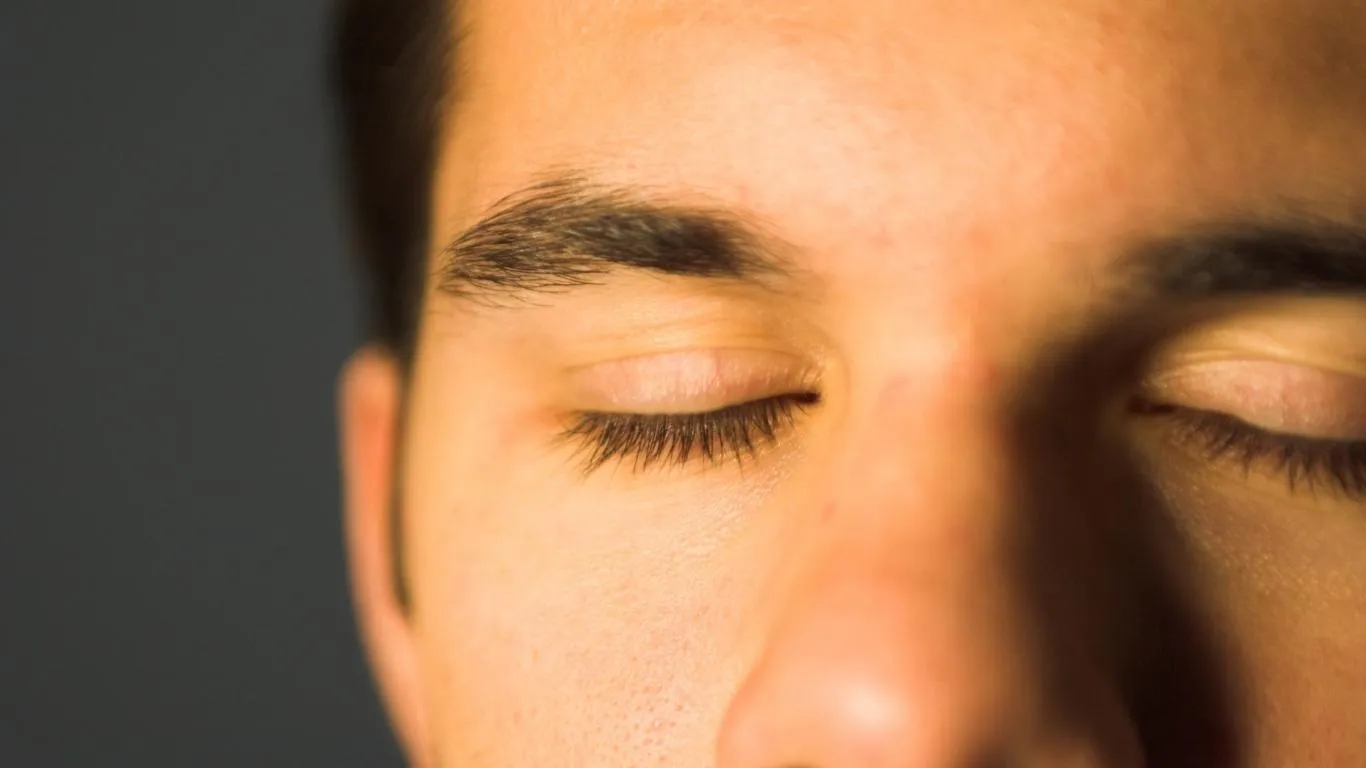
It’s a given that with age, things change. We get wrinkles, gray hairs, and yes—our eyes go through their own shifts. That doesn’t mean it’s all doom and gloom though. The optic nerve itself does undergo some gradual changes, but floaters are more of a symptom of vitreous transformation. In fact, according to American Academy of Ophthalmology, most age-related floaters are harmless and part of normal aging.
Should You Be Concerned?
If your floaters are stable and haven’t suddenly multiplied or come with flashes, there’s usually no reason to panic. But if you’ve noticed a sudden onset—especially if it comes with other visual changes—it’s wise to get checked out. Floaters can occasionally be an early sign of serious retinal issues, and if left unchecked, those can eventually affect the optic nerve indirectly.
Can You Prevent or Reduce Floaters?
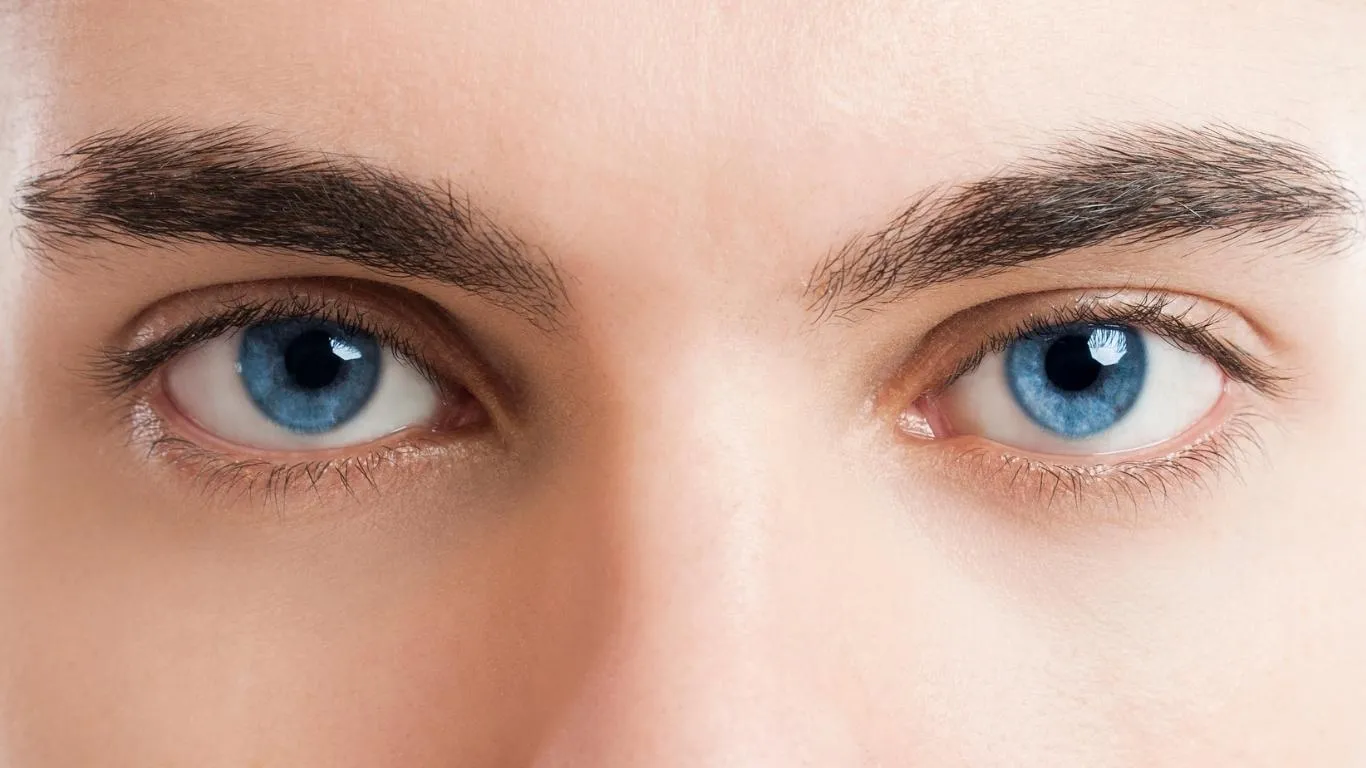
So here’s the million-dollar question—can you do anything about floaters? There’s no magical fix (I’ve tried the eye drops and supplements—some help a bit, some not so much), but you can take steps to support overall eye health:
- Stay Hydrated: Dehydration can make floaters more noticeable. This article explains how.
- Protect Your Eyes: Sunglasses that block UV rays can reduce damage to the retina and vitreous over time.
- Eat for Eye Health: Foods rich in lutein and omega-3s support retinal and vitreous function. Check out these vision-boosting options.
Want the full lowdown on floaters and how to handle them long term? I recommend starting with this complete eye floaters guide, and for a wider perspective on different eye conditions and floater types, explore this essential breakdown.
So What If It’s Not the Optic Nerve—Why Do Floaters Still Feel Like a Bigger Deal?
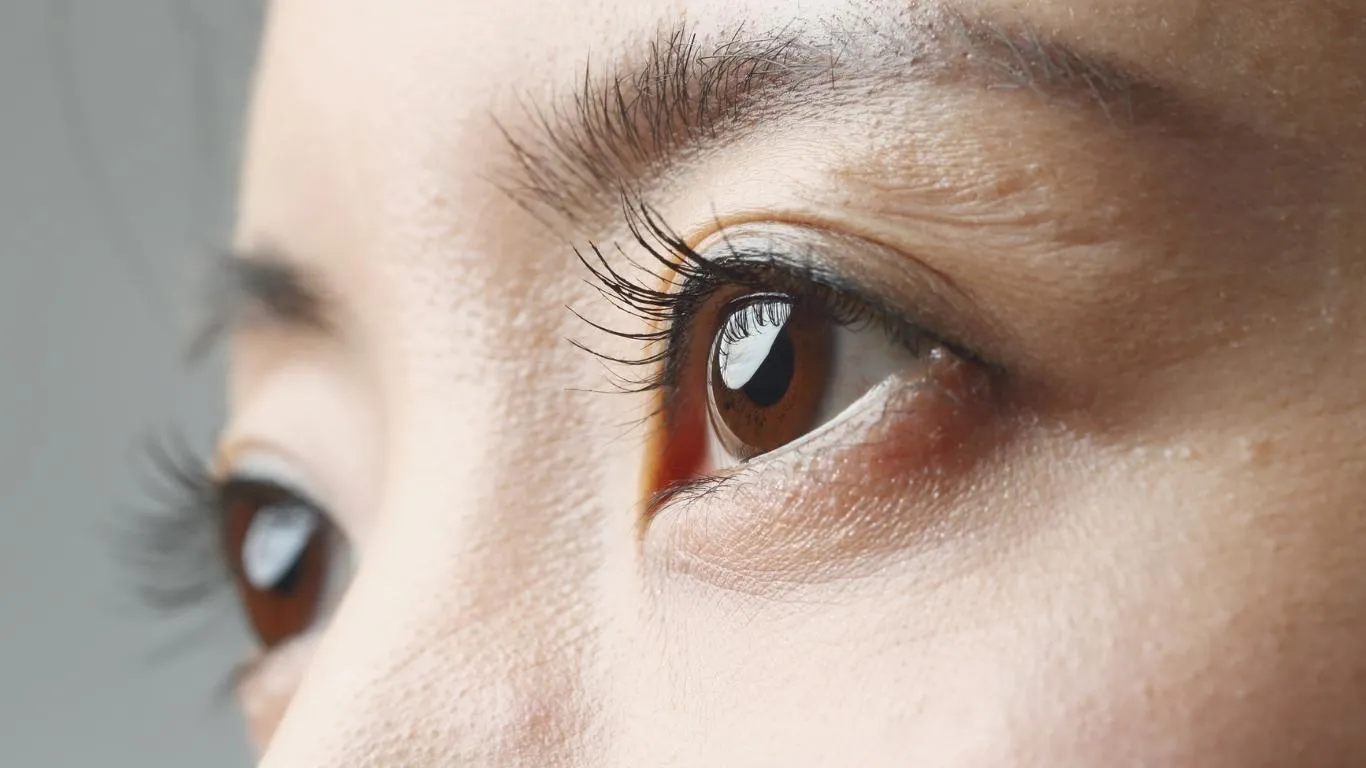
I used to brush off floaters as a minor annoyance until they started interfering with my reading and driving. It’s not that they were dangerous—they weren’t—but they were incredibly disruptive. What no one told me was how much these floaters could mess with my focus, depth perception, and sometimes even my mood. And here’s the thing: even if they don’t point directly to optic nerve aging, they can still tell us a lot about the state of our eye health overall.
Some researchers now believe floaters may indicate oxidative stress or inflammatory processes inside the eye. Not exactly optic nerve aging—but definitely tied to long-term visual wellness. That’s where lifestyle, nutrition, and smart eye care choices can really come in clutch.
The Link Between Floaters and Other Age-Related Eye Issues
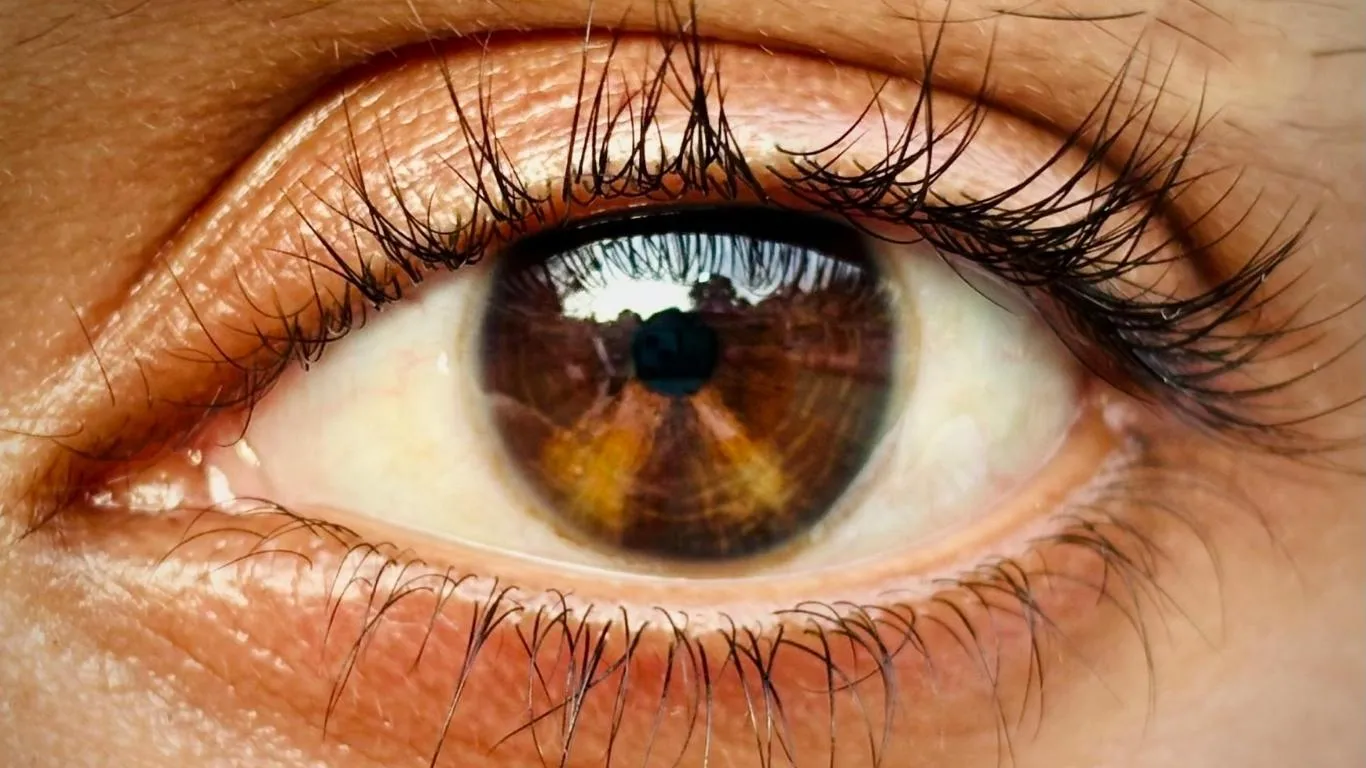
Presbyopia, Cataracts, and Floaters
Many people assume once you hit 40, your eyes just start breaking down across the board. And in some ways, it’s true. Presbyopia—where your near vision gets worse—is nearly universal. So are early cataracts. But did you know these changes can interact with floaters?
For example, cataract surgery can sometimes make floaters more noticeable, since more light enters the eye post-surgery. You can dive deeper into that in this guide on post-cataract floaters. Also, when the lens hardens and loses flexibility, it can cause light scatter that makes floaters seem more pronounced.
Retinal Changes Can Indirectly Impact the Optic Nerve
This is where things get blurry—literally and medically. Floaters themselves aren’t damaging the optic nerve, but if they’re related to retinal issues that aren’t treated in time (like small tears or chronic inflammation), then yes, you’re heading toward a problem that could extend to the nerve. Conditions like diabetic retinopathy or thyroid-related vision issues are a prime example. They start elsewhere, but eventually put pressure on the whole visual system.
How Eye Doctors Check If It’s Just Floaters or Something Deeper
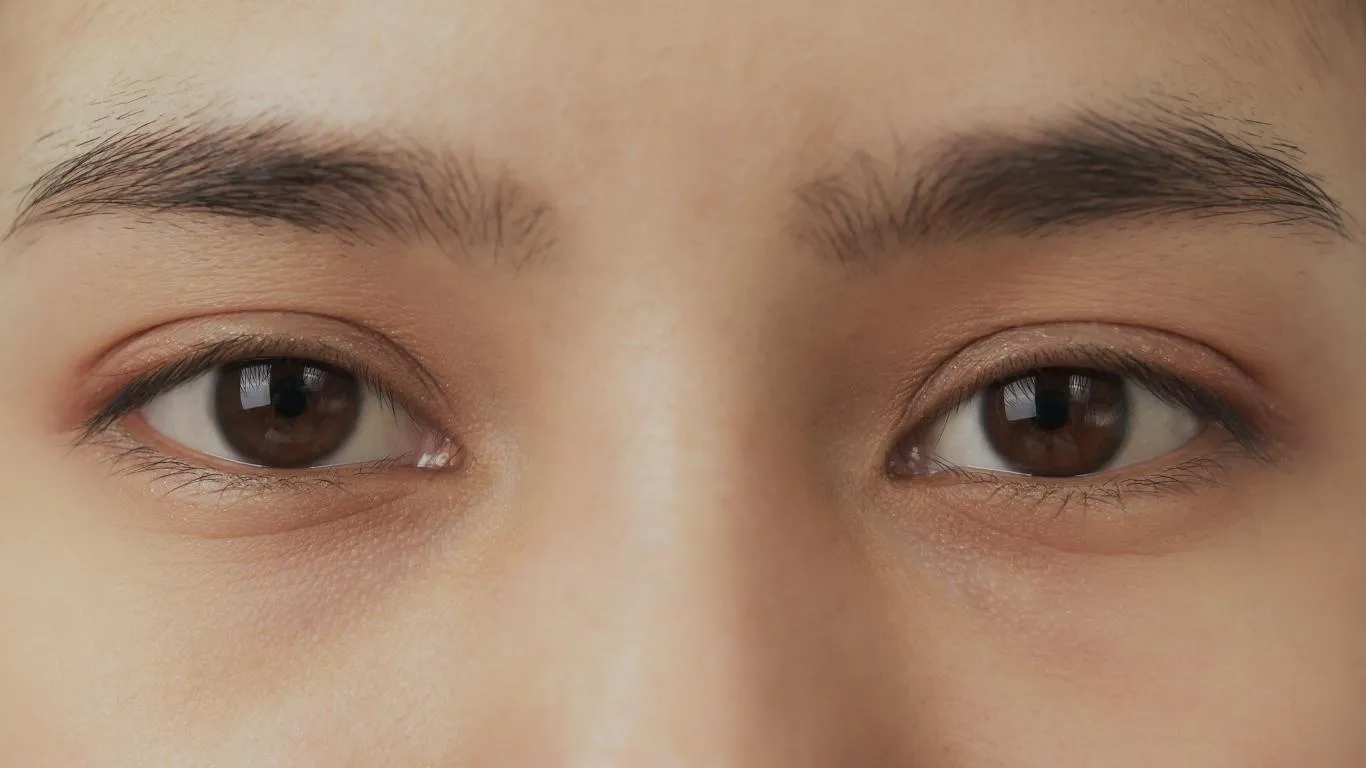
One of the best things I ever did was stop guessing and just book a dilated eye exam. Here’s what they actually look for:
- Retinal health: Any signs of tearing, detachment, or bleeding
- Vitreous condition: Liquefaction, clumping, or unusual debris
- Optic nerve integrity: Using an OCT scan to check for thinning or inflammation
- Intraocular pressure: To rule out early signs of glaucoma
If there’s a concern about the optic nerve, they’ll go beyond a basic eye test. That’s when tests like visual field mapping and optic coherence tomography (OCT) really shine. These tools don’t just look at whether you can read letters on a chart—they measure the physical health of the nerve itself.
Modern Treatments: What Works, What Doesn’t
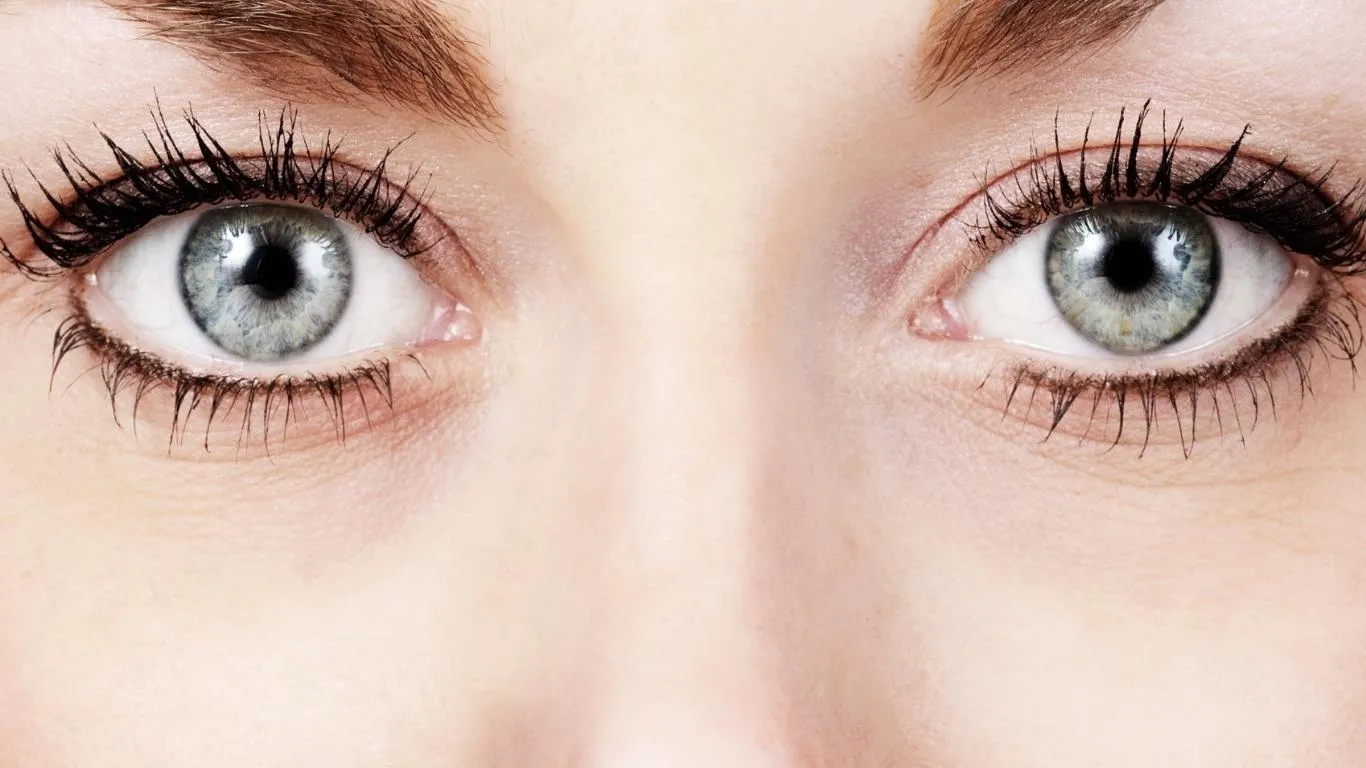
Laser Vitreolysis
This procedure uses a laser to break up floaters, and yes, I was skeptical at first too. But for people who have dense, central floaters that don’t go away, it’s an option worth exploring. According to the National Institutes of Health, patient satisfaction rates are decent—but it’s not for everyone, especially if your floaters are too close to the retina or optic nerve.
Vitrectomy: The Last Resort
This is a surgical procedure to remove the vitreous gel entirely. Sounds intense? It is. While it’s very effective at removing floaters, it also carries risks like retinal detachment or cataract formation. It’s usually reserved for people whose quality of life is severely affected.
Supplements and Natural Options
There’s a ton of noise out there about vitamins, eye drops, and herbal remedies. I’ve personally tried a few lutein and astaxanthin-based options. Some seemed to reduce eye strain, but floaters? Not so much. That said, some people do find relief—especially when inflammation is part of the problem. Just make sure you’re getting supplements from reputable sources, not random ads off social media.
Daily Habits That May Help Keep Floaters in Check
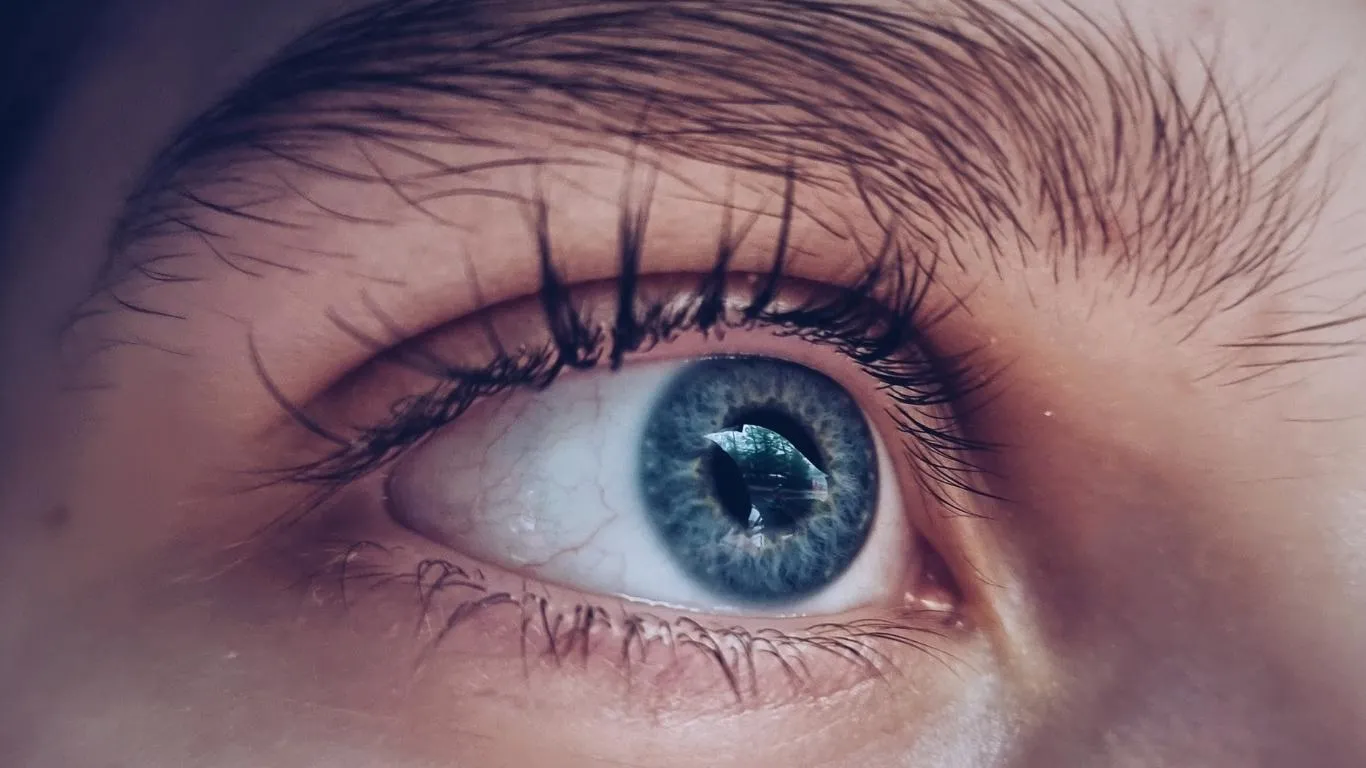
- Eye Breaks: Follow the 20-20-20 rule: every 20 minutes, look 20 feet away for 20 seconds. It reduces eye strain and helps with visual clarity.
- Blue Light Protection: Consider using filters or glasses if you spend hours on screens. Here’s how they help.
- Better Lighting: Working in dim or overly bright light makes floaters more visible and distracting. This guide offers the sweet spot.
Where to Learn More About Eye Floaters
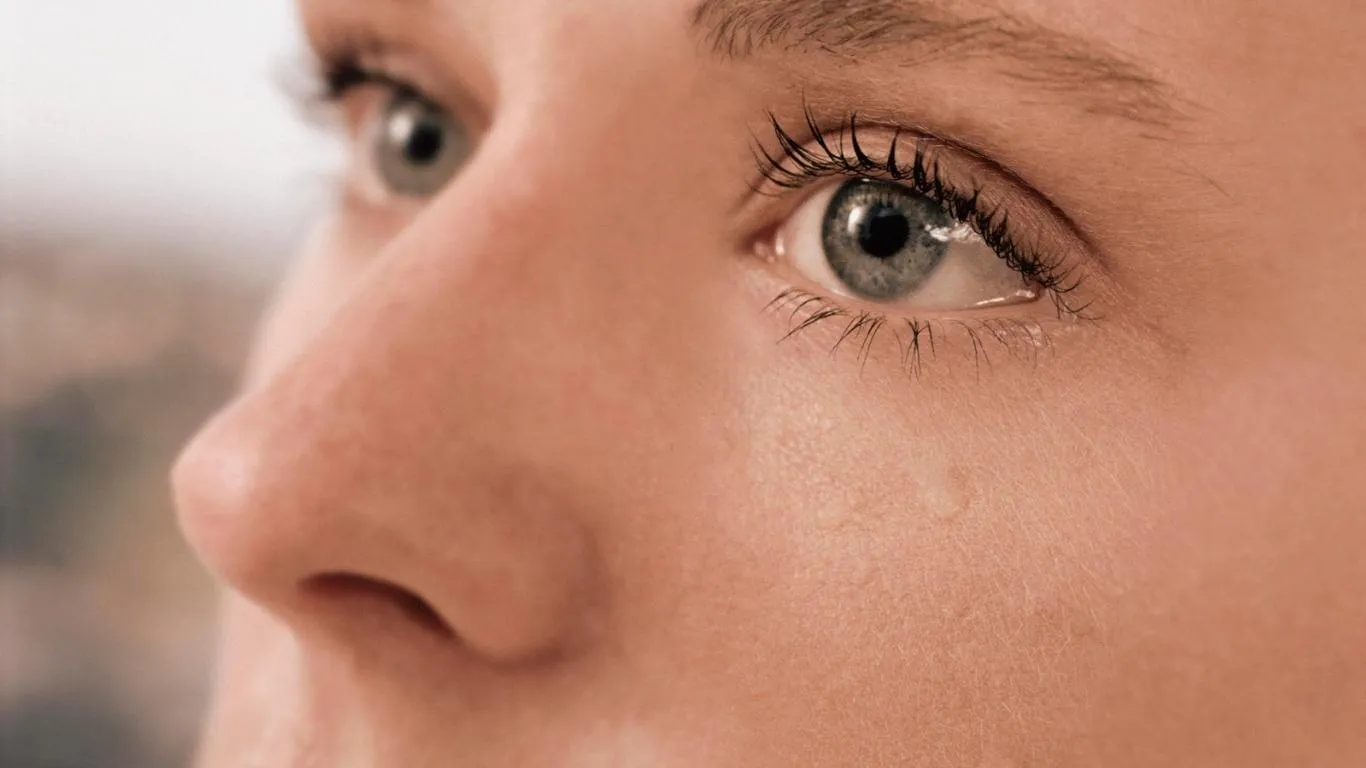
If you’re just starting to dig into what floaters mean, how they evolve, and how to tell when something more serious is going on, the complete breakdown over at this floater pillar article is a great place to start. And for a deeper comparison of floaters vs other visual issues, don’t miss this visual guide.

Camellia Wulansari is a dedicated Medical Assistant at a local clinic and a passionate health writer at Healthusias.com. With years of hands-on experience in patient care and a deep interest in preventive medicine, she bridges the gap between clinical knowledge and accessible health information. Camellia specializes in writing about digestive health, chronic conditions like GERD and hypertension, respiratory issues, and autoimmune diseases, aiming to empower readers with practical, easy-to-understand insights. When she’s not assisting patients or writing, you’ll find her enjoying quiet mornings with coffee and a medical journal in hand—or jamming to her favorite metal band, Lamb of God.
